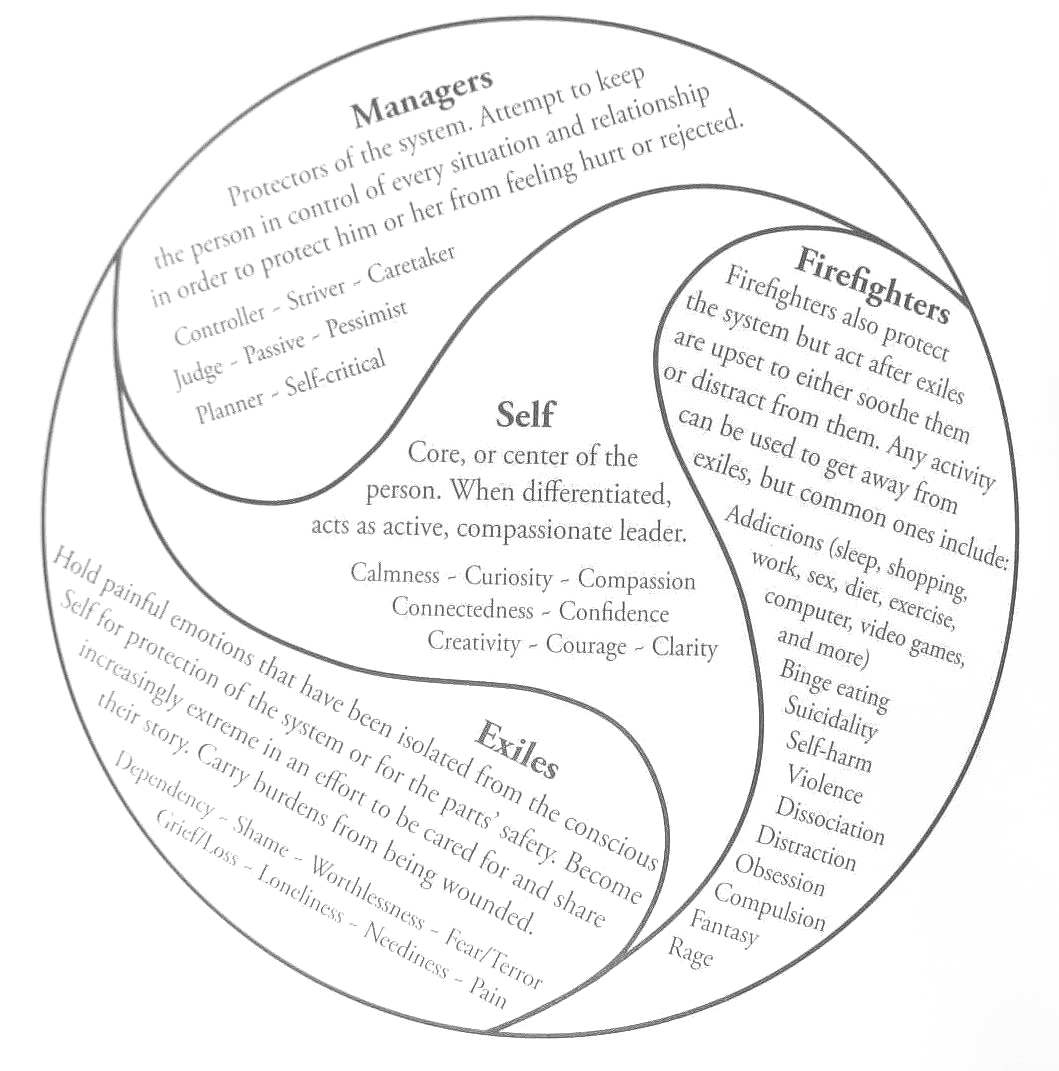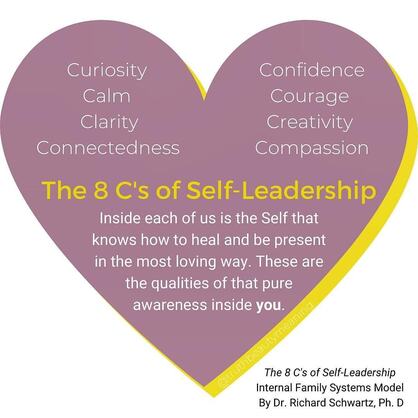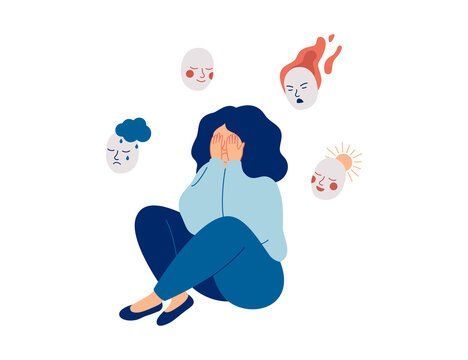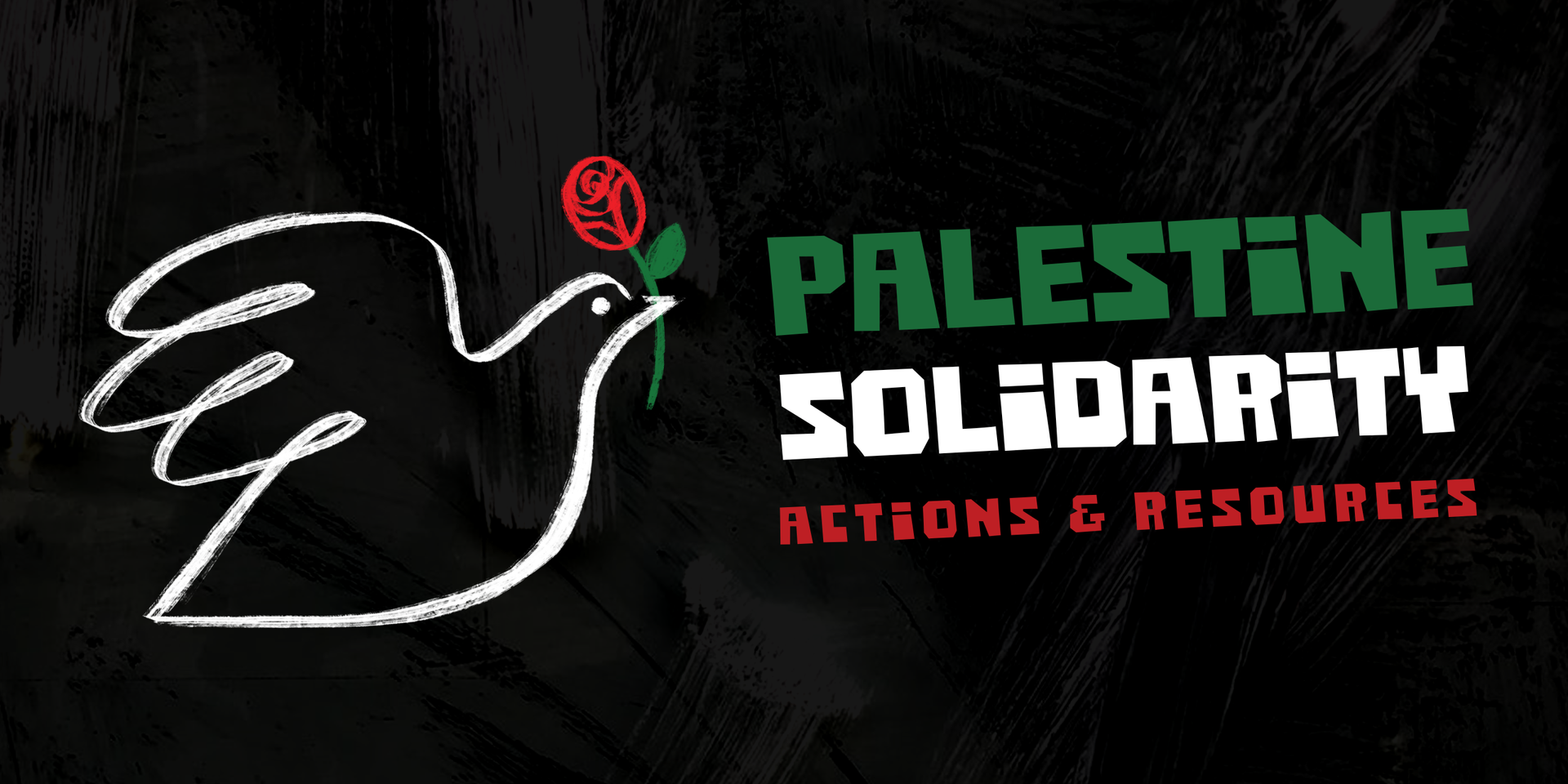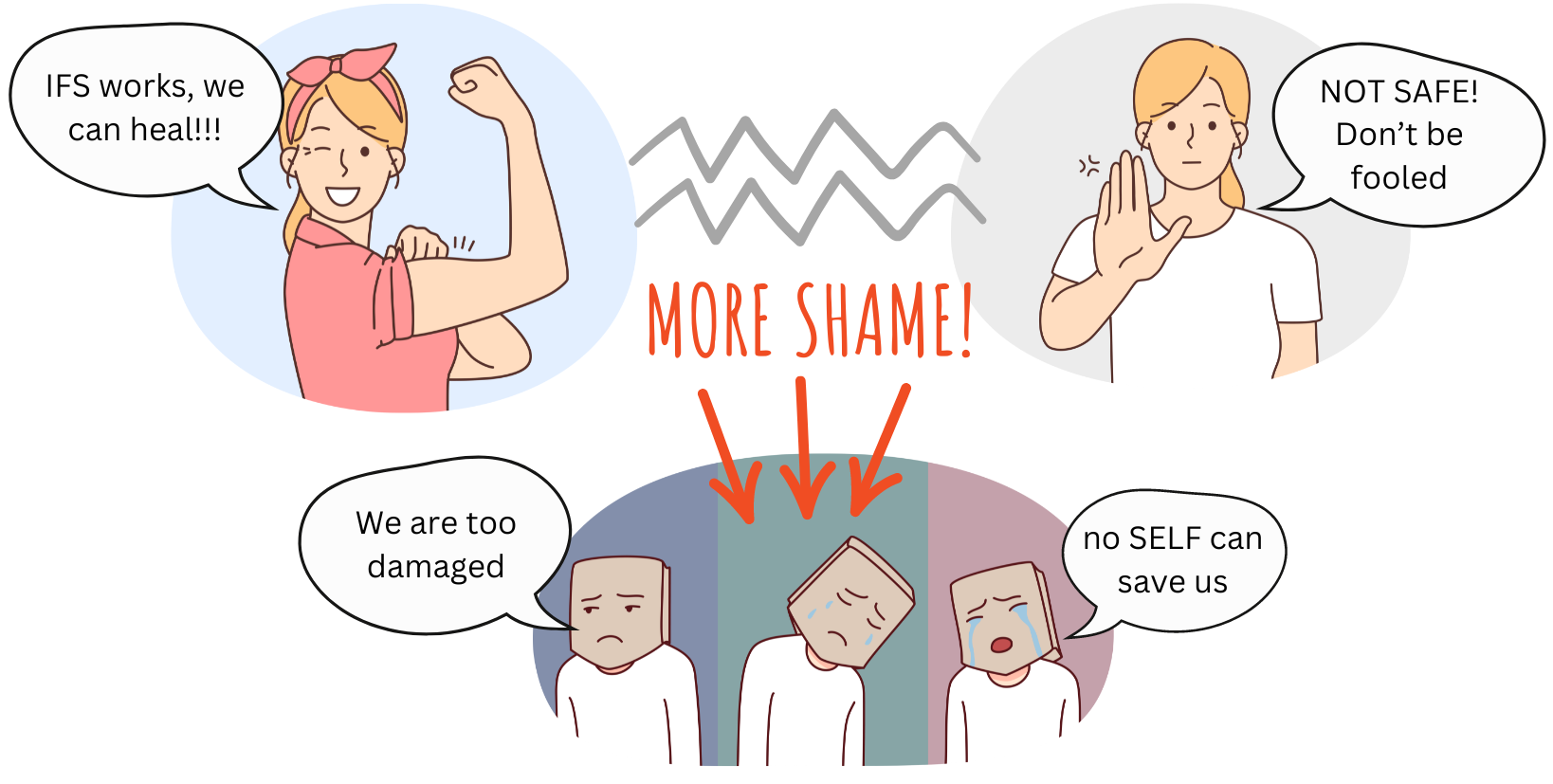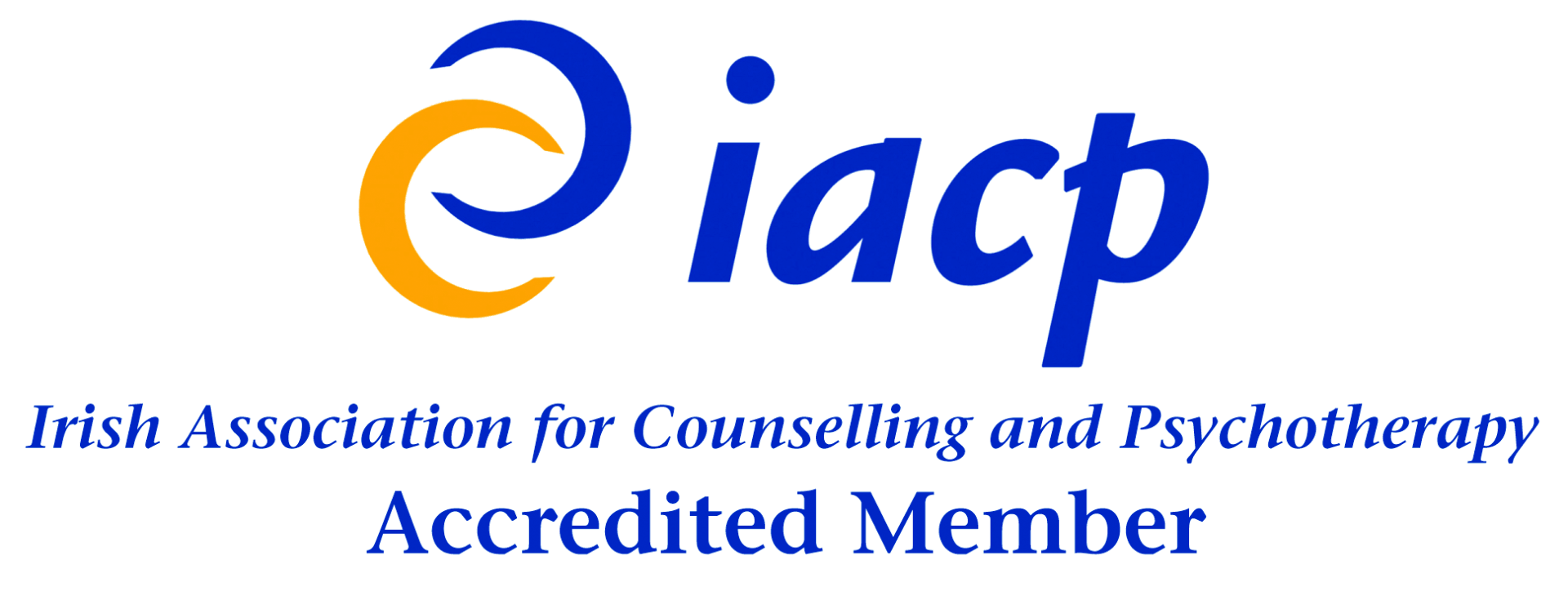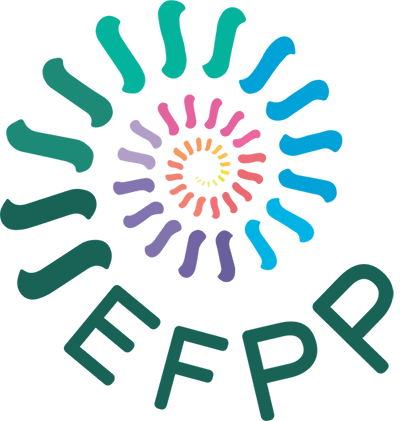Getting on with family is not easy,
especially the one inside us...
This page gives you an overview of the IFS model. If you are new to IFS therapy this is a very good place to start.
If you are familiar with IFS and want to know how my own IFS practice has evolved, go to my
Open IFS page
IFS (Internal Family Systems) is a type of individual therapy that understands how we're divided onto ourself and helps us ease inner conflict. IFS recognizes that we all have different sides that sometimes clash. Some parts push us to be 'good', others are reactive and get us into trouble. This may trigger shame and hopelessness, until we try again to be better and the cycle goes on and on.
What makes IFS different? IFS believes that even the most extreme parts, the ones that cause real damage, actually have good intentions. While their methods often backfire, they're trying their best to keep deeper pain at bay. The aim of IFS is to access the inner source of compassion and clarity we all have, so we can attend to our suffering and stop the war inside.
IFS therapy distinguishes between 3 main roles parts play inside of us
Managers - 'Never again' - or -'prevention's better than cure'
They are protectors parts who care about safety and control. They are the responsible face we like to show the world. They create stability and drive self-improvement. Often it is managers who bring us to therapy! When managers work well, they keep us organised and motivated. When they're in overdrive, they can make you feel rigid, anxious, or burnt out. Common managers include: The Inner critic who says we're never good enough. The Perfectionist who strives for excellence. The people-pleaser who can't say no, or the planner catastrophising about the future...
Firefighters - 'Whatever it takes' - 'fight fire with fire'
While managers try to prevent pain, firefighters are protectors who react when it breaks through. When emotional pain floods the system, firefighters jump in to numb or distract - through substances, binge eating, compulsive spending, scrolling, or other ways of soothing and escaping. While these behaviors can be destructive, firefighters' intention is to get you away from unbearable feelings as quickly as possible. At their best, firefighters balance the manager's relentless energy by bringing rest, fun, excitement and pleasure into your life.
Exiles - 'Does anyone care?' - our hidden treasures
What drives both types of protectors in the pain that Exiled parts carry. Exiles are often vulnerable, sensitive inner children who live in trauma time. They carry what IFS calls 'burdens': painful beliefs, feelings, and even sensations they absorbed when they were hurt. Protectors can mistake exiles for the burden they carry. Exiles may feel unbearably alone, abandoned, unlovable, worthless, shamed, or terrified. But underneath that, they are core to our full humanity, they are a source of aliveness and loving connection.
The key to healing in IFS:
Finding our Way Back to 'Self'
Like Psychosynthesis, the approach I trained in initially, IFS therapy posits that, in addition to the various parts often in conflict with each other, we all have within us an indestructible inner source of wisdom and healing: the Self.
When we have known a lot of suffering and betrayal, it may be hard to access and trust the energy of this core Self within. Yet, whatever happened to us, and whatever diagnosis we may have, Self is the experience of a deep and undamaged inner resource.
The aim of IFS therapy is to reconnect with this inner state of calm, curiosity, clarity, compassion, confidence, creativity, courage, and connectedness (IFS therapy calls them the 8 C’s of Self) so that we can respond lovingly to the needs and fears of each parts of us and heal the wounding that keeps us stuck in the past.
So what does IFS look like in practice?
And why I do it a little differently
IFS is an individual therapy model that uses guided mindfulness to help you focus on inner experience. Through this — what IFS calls 'Insight' — you can learn to access a state of calm, clarity and compassion which IFS calls Self: your inner compass.
IFS uses parts-language to break down entangled inner dynamics into separate components and learn about the different needs and fears motivating each part. IFS calls this practice 'unblending'. Instead of being pulled between extremes, we become curious about what drives each side. This process often leads to connecting with the deeper pain hidden underneath the chaos.
IFS believes this pain is carried by exiled parts and that healing comes from 'unburdening' them from the extreme beliefs, emotions and sensations they picked up often in early life. Traditional IFS has structured 'healing steps' for unburdening, which entail going back to the time exiles were hurt, bringing them into the present and using a shamanic ritual to let go of wounds.
Unburdening can sound like the holy grail in IFS... and when it happens, it's great. But my experience is that chasing it too hard can get in the way. That is why, my
Open IFS approach is light on shamanism and rather puts relationship first: between parts and Self, as well as between you and me.
IS some of the IFS don't fit for you?
You may be interested in my 'OPEN' IFS approach...
IFS Therapy FAQ's
IFS Therapy Resources
There are a growing number of books and resources on Internal Family System Therapy, here are is my selction of videos/podcasts and books to learn more about IFS therapy model.
IFS Therapy Introduction (17mins)
Richard Schwartz, Ph.D, founding developer of IFS, speaks about Parts & Voices, the Self, Healing and how Internal Family Systems got its name.
IFS Therapy Mini Training (1hr)
Drinking too much? Obsessing about food? Addicted to your phone? Hooked on porn or betting? In This excellent workshop ( 1 hr 6 mins) Lead IFS traner, Cece Sykes explains how to apply the IFS model to welcome and normalize common fears and polarities involved in abuse or compulsivity.
IFS Therapy Podcasts
Click on the arrows for a selection of IFS therapy podcasts by lead IFS trainers
IFS Therapy Books
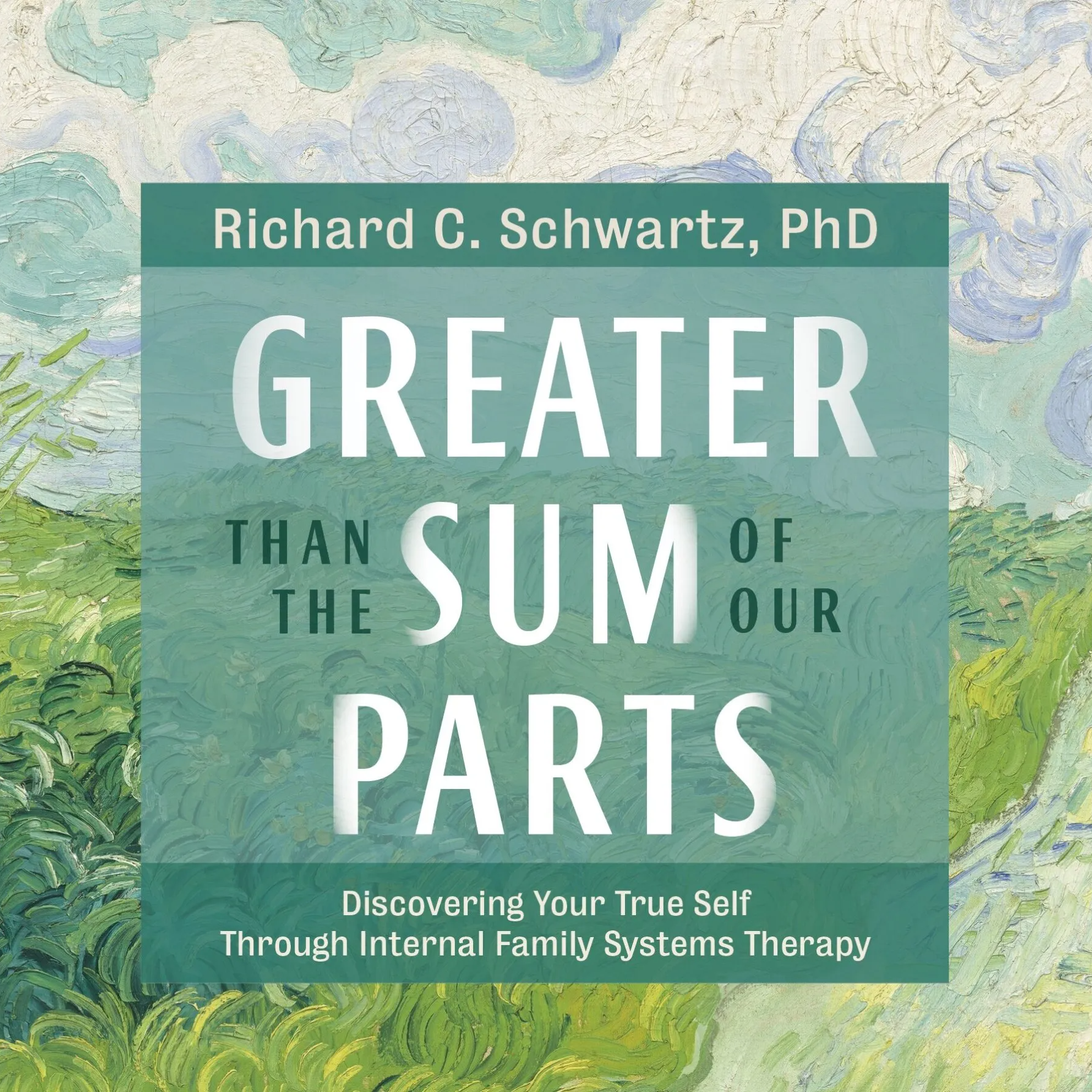
Listen to Dr. Schwartz, the developer of IFS therapy, talking about his audio book and how Internal Family Systems can help you meet, dialogue with, and heal your inner system.
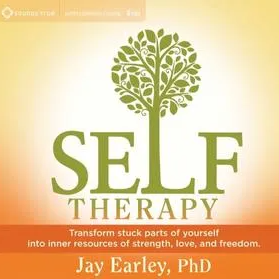
'Self-Therapy' makes Internal Family Systems Therapy (IFS) cutting-edge psychotherapy approach accessible to everyone. Available on audible/kindle and in print

In this book, Dr. Schwartz introduces the basic concepts and methods Internal Family Systems Therapy, in an engaging, understandable, and personal style.











